supporting adequate fuel for life & training
REDs NUTRITION APPOINTMENTS
Relative Energy Deficiency in Sport, also known as REDs, refers to a syndrome of “impaired physiological functioning, and includes but is not limited to, impairments of metabolic rate, menstrual function, bone health, immunity, protein synthesis, and cardiovascular health” (International Olympic Committee, 2014).
The underlying concept underpinning REDs is Low Energy Availability (LEA).
LEA is a mismatch between any active person’s (recreational or elite athlete) energy intake (diet) and the energy expended in exercise, leaving inadequate energy to support the functions required by the body to maintain optimal health and performance.
Signs of Low energy Availability can include:
Fatigue, Poor Recovery, Low Mood, Frequent illness or injury, Loss of Menstrual cycle in females (but not always), Less frequent morning erections in males, Stress fracture, Digestive issues…
Weight loss BUT often not, weight stability or even increases to weight and body composition changes
The body will conserve energy and reduce metabolic rate when there is inadequate nutrition
LEA can occur acutely, within 5 days, or in a chronic manner over a number of weeks, months or years
Treatment of REDS AND red-d (dance)
At the core of it, treatment of REDs involves usually centers on optimising an individual’s nutritional status. This could include, increasing total energy intake to be in a positive energy balance, modifying exercise or training load, or treating a particular symptoms of an individual’s presentation, e.g. bone stress, low iron levels etc. REDs is best treated with other suitably qualified sports medicine and/or health professionals including:
Sports Physician or Sports Doctor, GP, Endocrinologist, Physiotherapist, Psychologist or Therapist
Our NUTRITION Approach:
Nutrition treatment is at the centre of treating REDs, but just like no people are the same, nutrition intervention should be highly individualised. We are highly experienced working with a range of REDs presentations. We are also familiar and experienced in the overlapping area of disordered eating and eating disorders. It is important that we screen for these to ensure the most appropriate treatment is recommended and offered.
Other Team Members:
Other members of the multi-disciplinary REDs team can provide expertise on management of medical management to injuries (if applicable) training load, injury, return to exercise protocols and psychological support with RED-S and or eating disorders.
Referral To OUR Nutrtion SERVICES:
You may self-refer simply by booking in an initial appointment here. We also accept referrals from other health care professionals including Sports Physicians, Sports Doctors, Physiotherapists, Psychologists, Endocrinologists and Coaches.
More Information:
Please contact us if you would like to discuss any of the above in more detail.


